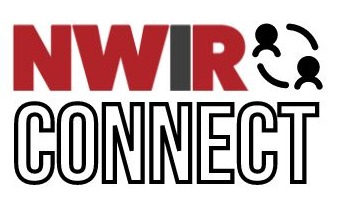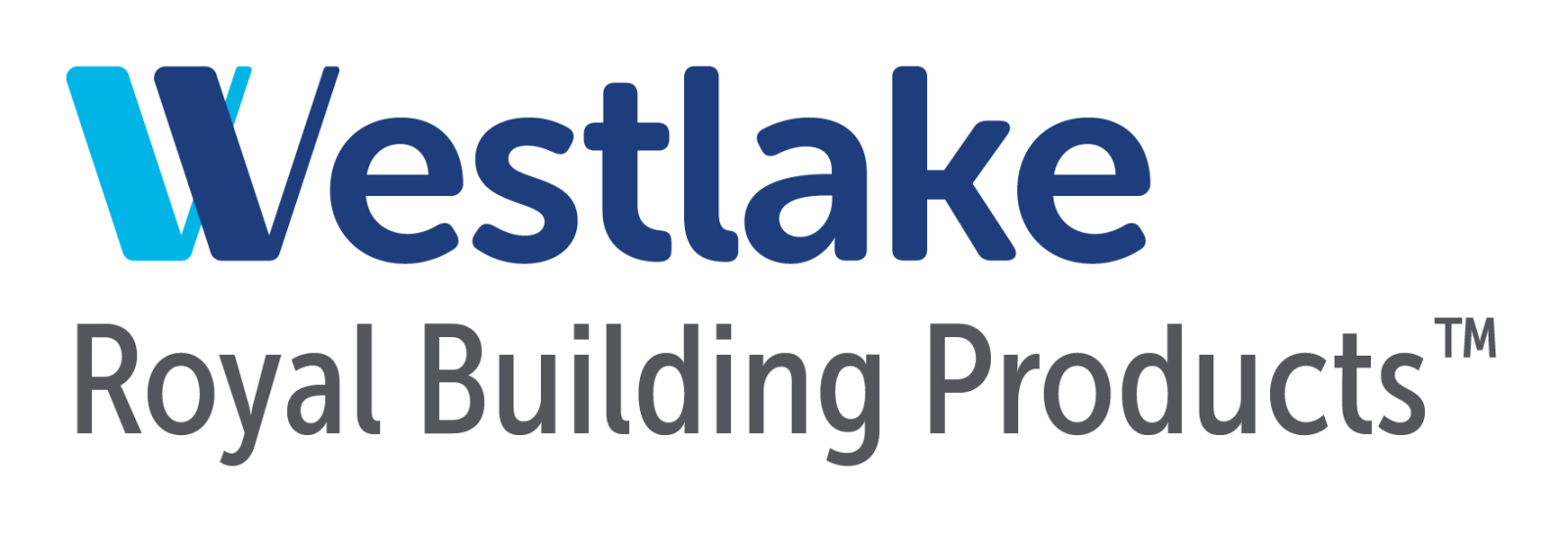Mentoring
"Mentoring is a fulfilling relationship between someone with more experience and someone with less, with the goal of helping both become elevated versions of themselves." - Janice Omadeke
What is Mentorship?
Mentoring is a mutually-beneficial learning process where the experience and knowledge of one person is used to demonstrate and guide another through a trusted ongoing relationship. Often the learning goes both ways as the more experienced mentor gains valuable insight from their mentee in the process. A core goal of NWIR is to empower women in our industry by encouraging mentor/mentee relationships to share thoughts, best practices and coaching opportunities for career and personal growth.
Different Types of Mentorship
- Involves one mentor working with multiple mentees simultaneously.
- Facilitates a shared learning experience among mentees.
- Encourages networking and collaboration among mentees.
- Allows mentors to disseminate knowledge to a larger audience efficiently.
- Provides a supportive community for mentees to share experiences and perspectives.
- Fosters a sense of belonging and camaraderie among participants.
- Involves mutual support and learning between peers at similar levels or with similar experiences.
- Encourages the exchange of knowledge, skills, and perspectives among equals.
- Promotes a collaborative learning environment where both parties contribute to each other's development.
- Fosters a sense of equality and shared responsibility for each other's growth.
- Provides opportunities for peer accountability and motivation.
- Involves a single mentor working closely with an individual mentee.
- Provides personalized guidance tailored to the specific needs and goals of the mentee.
- Allows for deeper exploration of personal and professional development areas.
- Facilitates a trusting and confidential relationship between mentor and mentee.
- Offers opportunities for mentees to receive individualized feedback and support.
Participant Benefits
- Provides women with an outlet to develop relationships such as mentors, allies, and advocates.
- Provides career development for individuals and the organizations they work in.
- Fosters networking and sharing of ideas to learn specific knowledge of another
functional area(s) or network with those who have similar leadership and development interests. - Allows mentees to receive objective feedback in a safe environment.
- Offers firsthand view of “success” at another level.
How to Apply
To participate in the NWIR Mentoring Program, CLICK HERE to apply.
To learn more about mentoring, check out our NWIR Archives and search for mentorship.



